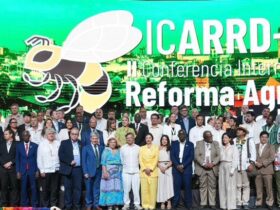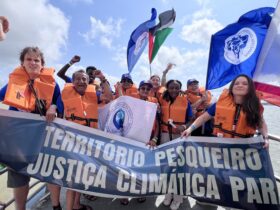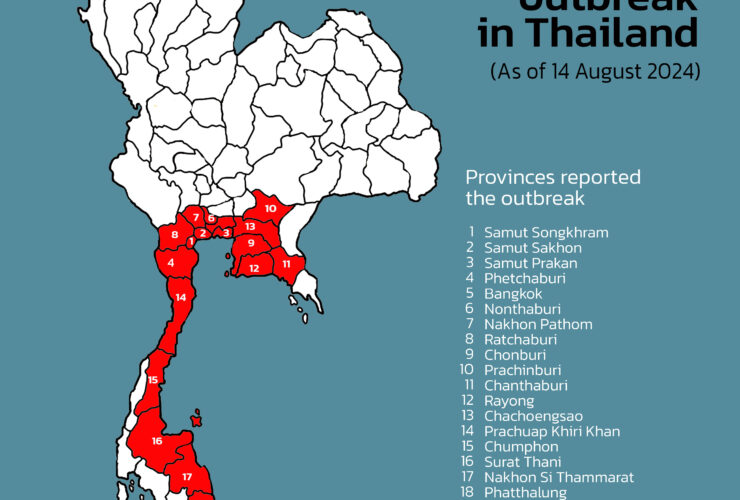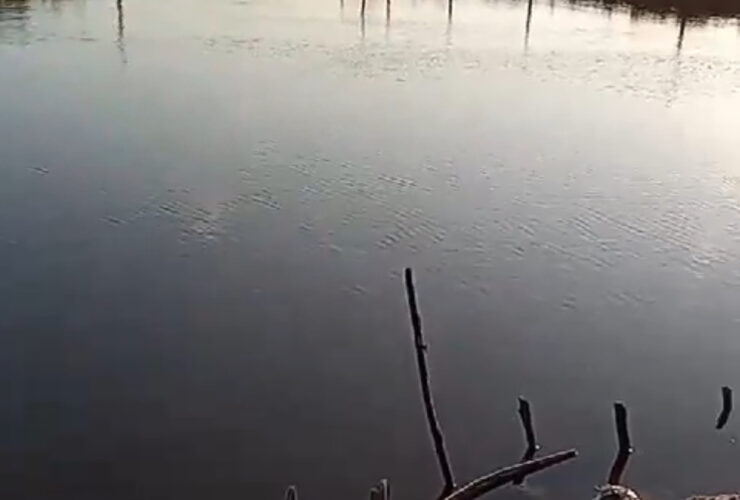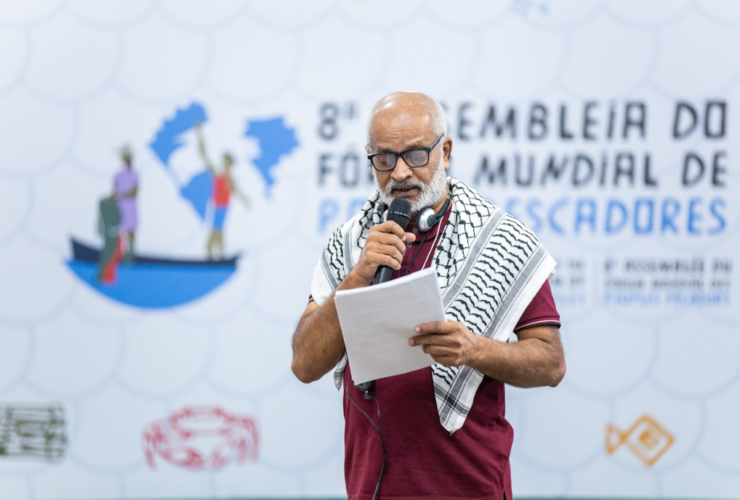28 years ago, we founded the World Forum of Fisher Peoples (WFFP), a mass-basedfisher people’s organisation. We formed WFFP to fight for the customary and human rights of the more than 10 million fisher peoples, encompassing diverse groups of traditional fishermen and fisherwomen, women and men seafood collectors and gatherers from 52 countries. The so-called development projects rolled out by ...
NAFSO facilitated meetings with fisherwomen of the Eastern Province to discuss their common struggles and how they are working as a community to overcome them. Sri Lanka is a patriarchal society whereby women, especially women-headed households, face intersectional challenges due to traditional gender roles, such as difficulties generating income, contributing to community decision-making, accessing social protection mechanisms, and attaining their ...
In Sri Lanka, women in various sectors face significant economic and social discrimination, including lowwages without benefits, especially in Free Trade Zones and the agriculture and fisheries sectors. Many women, particularly those in marginalized communities, are subjected to exploitative labor practices, lack of legal protection, and limited access to essential services like housing. Social norms restrict their participation in activities ...
We, the World Forum of Fisher Peoples (WFFP) have gathered from around the world from 14 to21 November 2024 in Brasilia, Brazil for the WFFP’s 8th General Assembly. Even if the spread ofCOVID pandemic caused delay in our most important decision-making space, we are continuing tofight in support of fisher peoples, encompassing diverse groups of traditional fishermen and fisherwomen, women ...
This analysis provides a critical assessment of recent legislative developments in the drafting of Thailand’s new Fisheries Act, focusing on the legislative process, influential stakeholders, and the implications of the proposed rollbacks contained therein. As one of the world’s major seafood exporters, Thailand has faced intense international scrutiny to regulate its fishing industry in line with sustainable, legal, and ethical ...
We are fisher peoples, diverse in identity, gender, race, geographical origin andunited in our traditional way of life. There is no singular definition of fisher peoples. Depending on the geographical region and country, gender, cultures and identities we use different terms for who we are. These include ocean,water. mangrove and/or fisher peoples; traditional fishers, fishermen, and fisherwomen; artisanal fishers, fishermen, ...
On 13 January 2025, Thailand farmers and fisher folks from 19 provinces will rally at the Charoen Pokphand (CP) building, as well as meet with the government and Parliamentary Committees in Bangkok, to demand justice for the Blackchin tilapia outbreak caused by the recklessness of Thailand’s agribusiness conglomerate. Charoen Pokphand Foods (CPF), part of Thailand’s agribusiness conglomerate Charoen Pokphand, has ...
We, the World Forum of Fisher Peoples (WFFP) have gathered from around the world from 15 to 21 November 2024 in Brasilia, Brazil for the WFFP’s 8th General Assembly. Even if the spread of COVID pandemic caused delay in our most important decision making space, we are continuing to fight in support of small-scale fishers. We invite the world to ...
On the coast of Brazil, one community demonstrates social justice in aquaculture Aquaculture projects have impacted fishing communities around the world, often negatively. But the push towards aquaculture seems relentless. Development Banks, governments on every level, and many NGOs are promoting aquaculture around the world. In an effort to avoid top-down introduced words that shape the discourse on aquaculture, the ...
At the World Forum of Fisher Peoples (WFFP) General Assembly (GA8) on Day 3, the event likely includes a mística session, which is a symbolic and ritualistic moment often used in gatherings of the WFFP. This session serves to create a shared space for solidarity, culture, and reflection of the Brazil . After the mística session, countries usually present their ...

